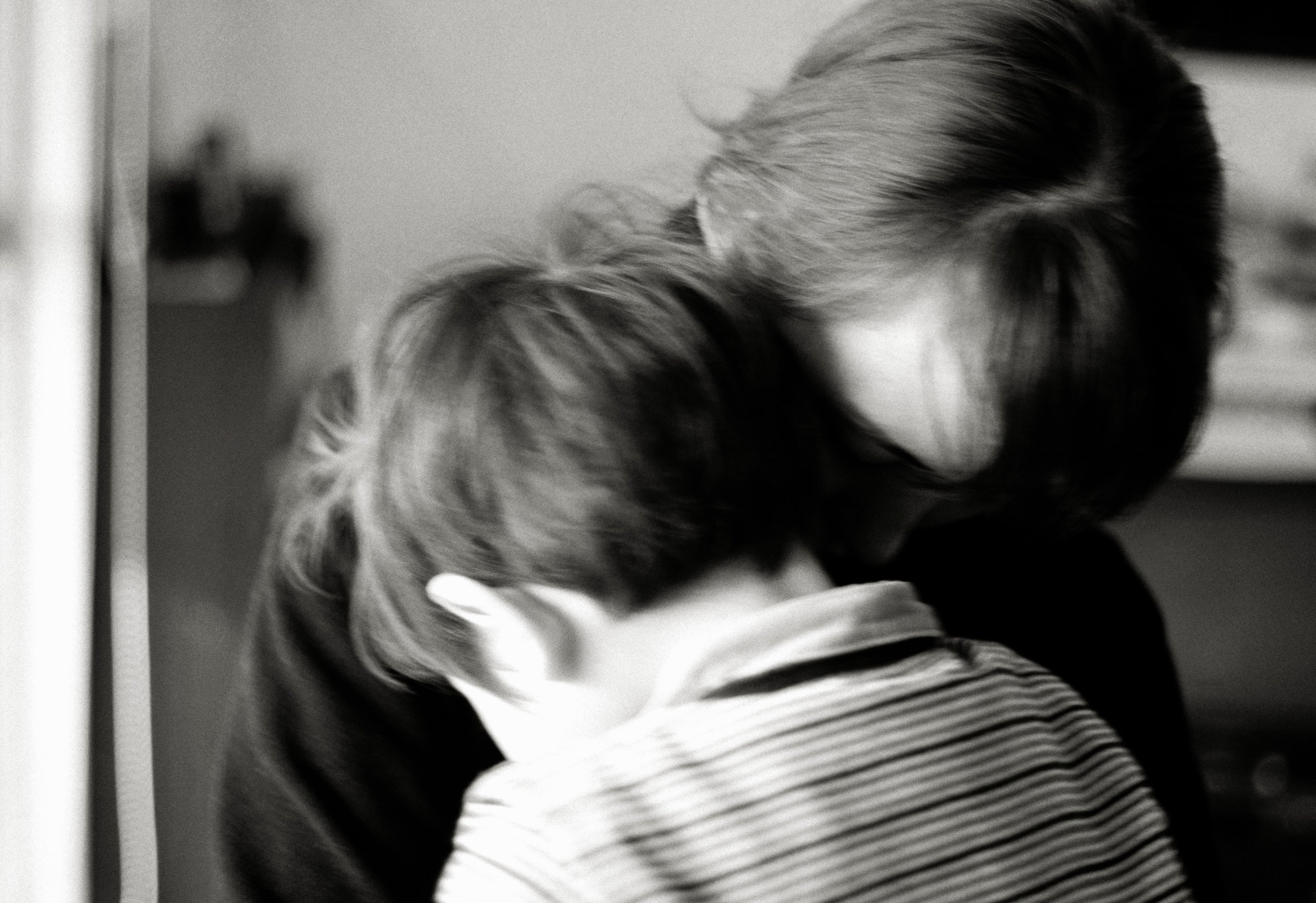
Ken White is one of the lucky ones. When he was hospitalized for depression in 2014, his wife, Katrina, was able to support him through his treatment, while at the same time taking care of their three children, who knew there was something terribly wrong with dad.
When depression strikes, says White, who has fought the disease for over 16 years, it is debilitating, and its effects reverberate throughout the family. It prevents him from being an involved parent, one who assists with homework and attends school events. After all, it’s difficult to be present for your children when “your mind is on anxiety and hopelessness and nameless dread,” he says, and his kids pick up on his inattentiveness, even more so than adults do.
Subscribe to TIME’s weekly parenting email, for tips, research and fun stuff, here
A new study confirms what White has seen during his own struggle with depression: a parent’s depression has a direct negative impact on the children. The study, published online on Feb. 3 by JAMA Psychiatry, looked specifically at the effects of parental depression on children’s academic performance. The study found that having a parent diagnosed with depression is associated with worse school performance at the age of 16.
The study followed over 1.1 million Swedish children, examining the effects of parental depression during different time periods, from before the child was born through age 16. The authors found that children of clinically depressed parents fare worse in school than their peers with healthy parents. While all children were affected by their parents’ diagnoses, maternal depression had a larger negative effect than paternal, and the link to poor performance was strongest among female children.
The authors of the study argue that “diagnoses of parental depression may have a far-reaching effect on an important aspect of child development, with implications for future life course outcomes.” Given that poor school performance is a powerful predictor of future health and earning potential, the link between parental depression and childhood education should be taken seriously, and they recommend providing intervention and support for children of affected parents.
READ MORE: How to Be a Better Parent: 4 Secrets Backed by Research
Alemka Berliner, a licensed professional counselor who works with school-aged children and their parents, agrees that treating the parents will help the children as well. In her counseling practice, she has seen that “children of unavailable parents are more likely to underperform, and not only academically.” But, she notes, “when the reason for the lack of interest is depression, and the parent is being successfully treated, I’ve seen a significant improvement in the family systems that resulted in a reversal of the outcomes, where children start improving academically.” In other words: get the help you need, if not for you, then for the sake of your children.
In White’s case, his wife, a clinical child psychologist, was able to make sure the children got the support they needed while their father was in the hospital. “Even during two hospitalizations, my kids seemed to tough it out, probably because of [my wife] and a great support network,” he says. “But I can easily see how it could have gone the other way if I didn’t have all that support.”
The study’s results should encourage parents to seek help and approach the disease seriously and methodically, says White. During his hospitalizations, he learned how to better manage his depression. “It’s going to happen again; that’s the deal,” he writes of depression in his blog. But now, “I have the tools to face it.” His message for parents suffering from depression? Admit that you need help. Find friends, family members and professionals upon whom you can rely for support. And if your spouse or loved one is suffering from depression, says White, “the best thing to do is to say ‘I don’t know what I can do, but whatever it is, I’ll do it. I’ll help you, and I’ll take you to others who can help. Let me help you’.”
More Must-Reads from TIME
- Cybersecurity Experts Are Sounding the Alarm on DOGE
- Meet the 2025 Women of the Year
- The Harsh Truth About Disability Inclusion
- Why Do More Young Adults Have Cancer?
- Colman Domingo Leads With Radical Love
- How to Get Better at Doing Things Alone
- Michelle Zauner Stares Down the Darkness
Contact us at letters@time.com